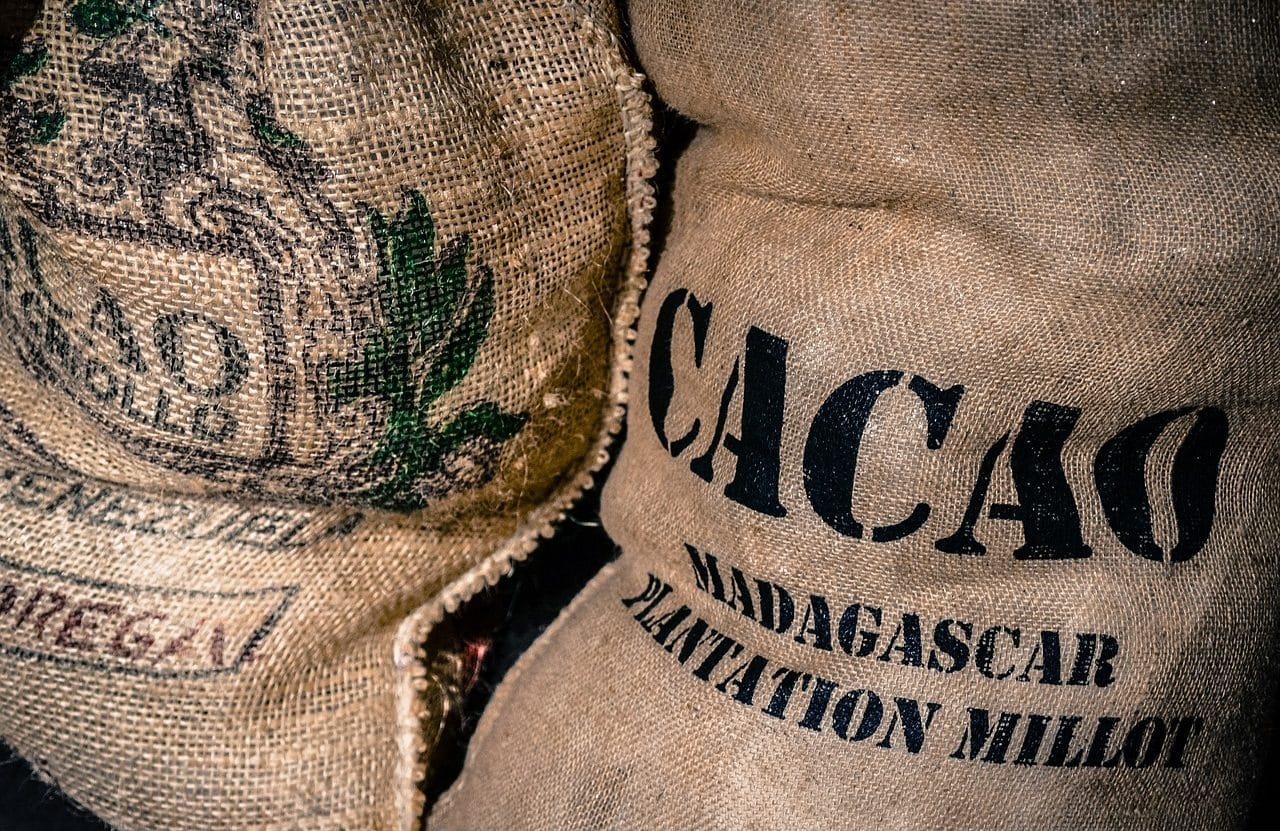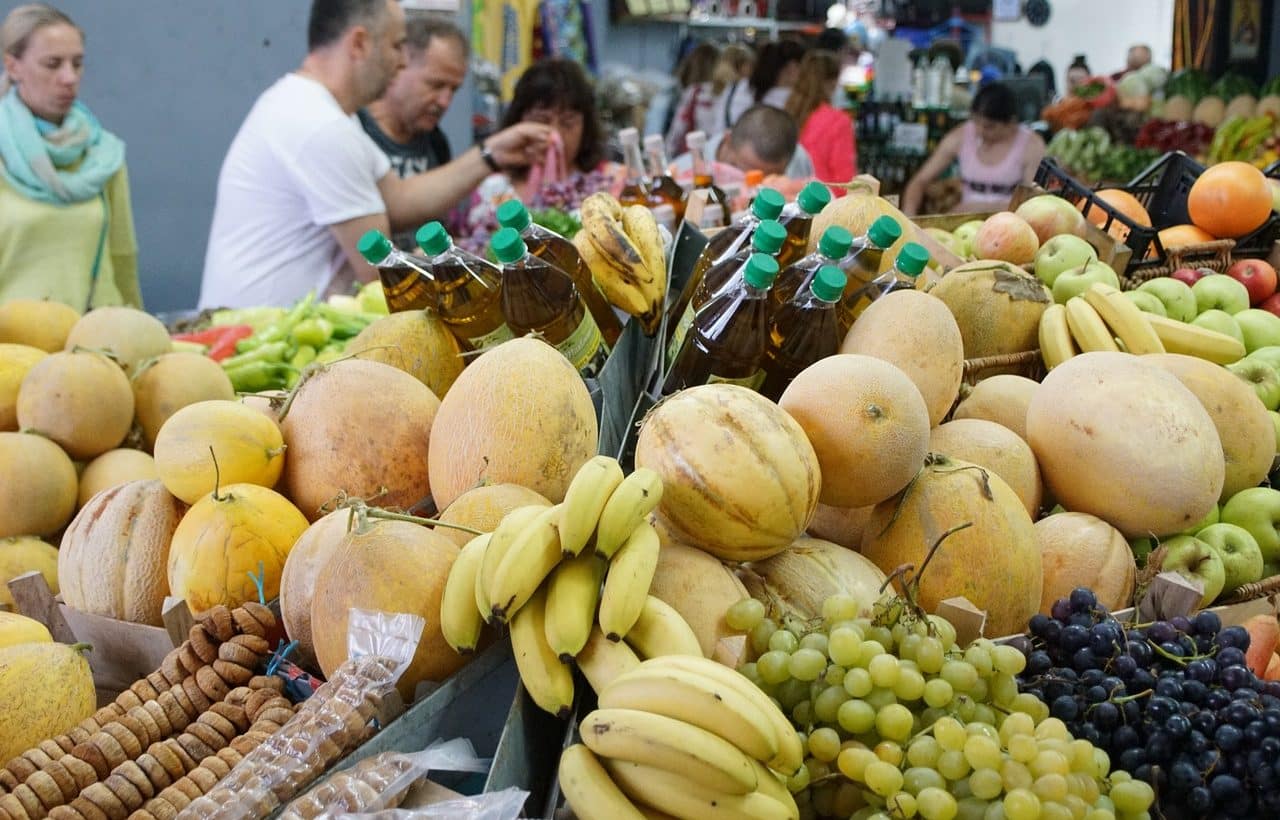
Fair trade combats economic inequality.
Fair trade is a commercial modality that is based on respect and transparency and seeks to establish more equitable links between producers and consumers . It is a movement or trend that has the support of the United Nations ( UN ) and numerous non-governmental organizations (NGOs).
Before moving forward, it must be indicated that commerce is the activity that consists of buying and/or selling products or services. The adjective fair , meanwhile, qualifies that which is in accordance with justice.
It can be indicated that fair trade offers the appropriate conditions for human rights to be respected and sustainable development to be achieved. It is often stated that these practices put human beings ahead of profit.
Fair trade concept
Fair trade is a system that promotes a sustainable and responsible model with the aim of creating development opportunities for artisans, farmers and small producers who are at a disadvantage compared to the agents that dominate the market . In this way, it aims to achieve greater justice at an economic and social level in all aspects linked to commercial practices.
Respect for the environment (managing natural resources responsibly) and valuing work (recognizing the effort and rights of producers) are pillars of fair trade, which attempts to promote community development .
To fulfill its mission, fair trade is committed to creating direct marketing channels between producers and consumers and establishing supportive relationships .

Fair trade promotes a collaborative economy .
Your story
The history of fair trade begins in the 1960s . In '64 , the United Nations Conference on Trade and Development was created, where it was proposed how to open developed markets to producers from the poorest nations.
In this framework, chains of fair trade stores emerged so that these producers could reach the European continent with their proposals without tariff barriers. Little by little, fair trade NGOs were also born to promote a solidarity economy , with socially responsible businesses and a movement of conscious consumers. The intention was to help small farmers escape poverty through ethical business practices that allow them to grow.
Today there is the World Fair Trade Organization ( WFTO ), an international association with more than 320 members (producer cooperatives) from about 70 countries that promote this modality. There are also fair trade certification programs, eco-labelling tools and other resources that enable the establishment of criteria and standards.

Fair trade contributes to food security.
Fair Trade Principles
Fair trade is based on ten principles promoted by the WFTO :
- Creation of opportunities for less advantaged producers in order to facilitate their empowerment and help them achieve economic self-sufficiency .
- Transparency and responsibility in commercial relationships.
- Fair business practices that respect commitments and conditions.
- Payment of fair prices that are agreed upon through dialogue.
- Absence of forced labor and child labor.
- Commitment to freedom of association, gender equality and non-discrimination.
- Guarantee of good working conditions.
- Facilitation of the development of producers' capacities.
- Promotion of fair trade at all levels.
- Respect for the environment.
Business process development
The principles of fair trade must be present at every stage of the process, from production to consumption, through distribution and sale.
Production is carried out by cooperatives and small associations, located in Africa , Latin America or Asia , which respect the aforementioned principles. Where possible, assistance is provided to producers to sell directly to the end consumer.
Distributors may also intervene who, after agreeing on the price with the producers, offer the merchandise in stores where its origin is reported. There are also online fair trade stores .
As for consumers, with their purchasing decision they contribute to the development of more equitable and environmentally friendly societies.
Fair trade items
Fair trade items are very varied. These are ecological products whose obtaining or manufacturing does not cause a great impact on the environment.
Among fair trade foods , often produced through organic agriculture , sugar, cocoa, coffee, tea, jams and rice are usually offered.
Fair trade clothing , meanwhile, is made by hand with ecological fabrics. Fair trade jewelry is also artisanal, using ancestral manufacturing techniques and respecting the cultural identity of the communities in charge of production.
Some criticisms
It is important to note that the fair trade system has received various criticisms. On the one hand, it is often pointed out that products end up having a higher price than similar ones.
On the other hand, there are those who maintain that producers are required to adopt overly complex organizational processes , which do not even have to do with the traditions of the communities.
Liberals, likewise, indicate that trade justice is only possible when the parties reach agreements freely, without conditions imposed by third parties.
Links of interest
World Fair Trade Organization Latin America (WFTO-LA)
State Fair Trade Coordinator of Spain
